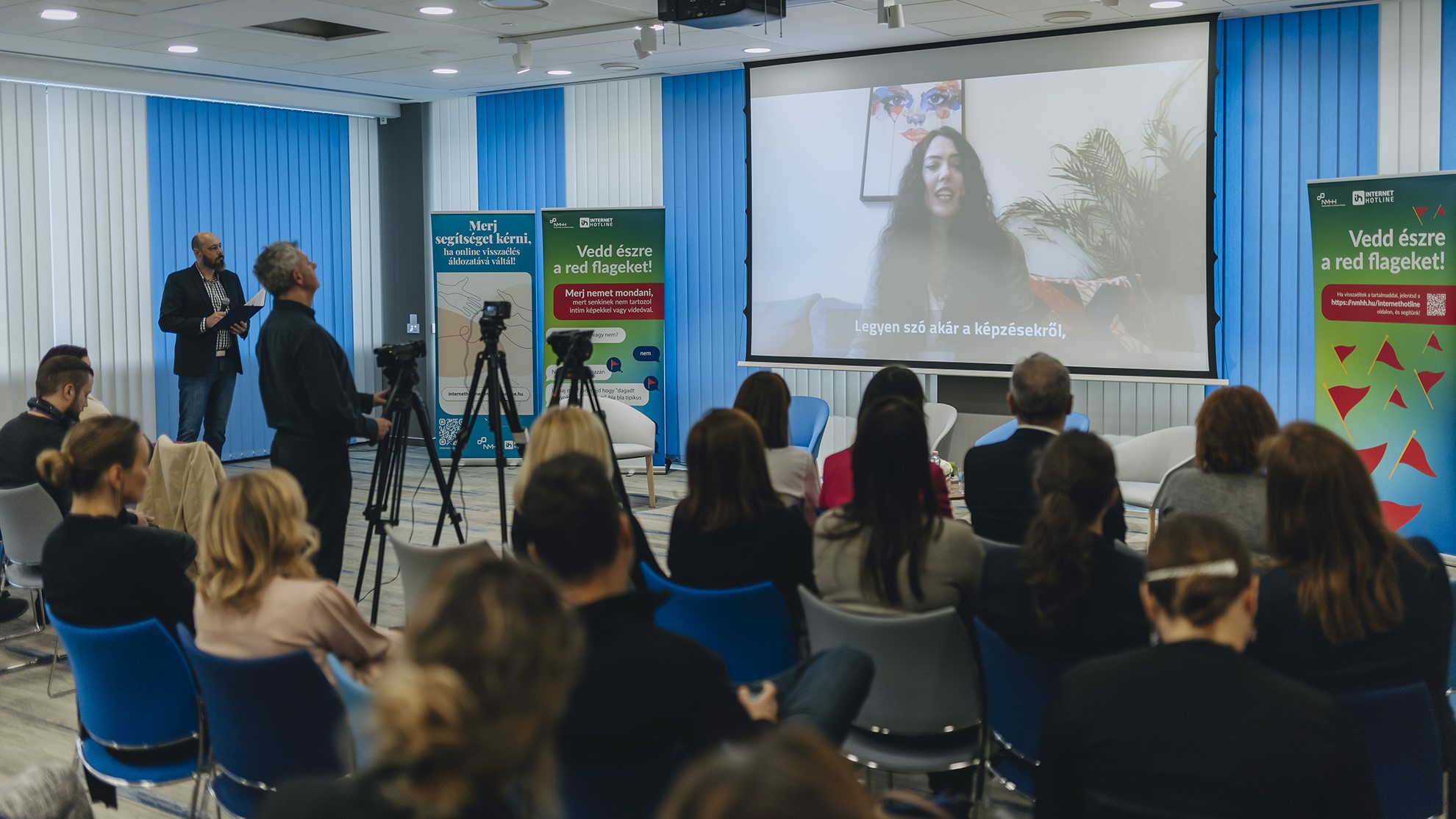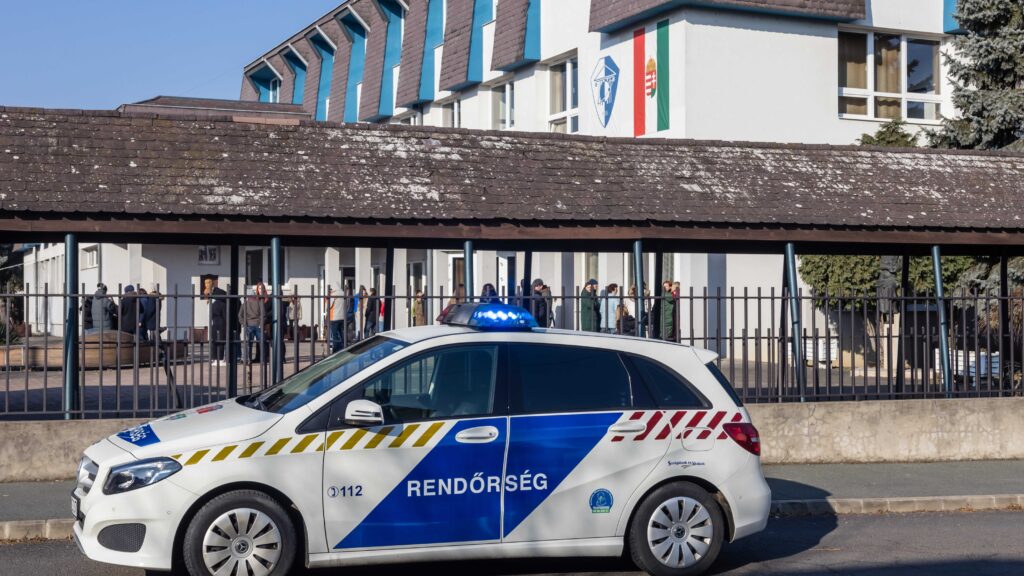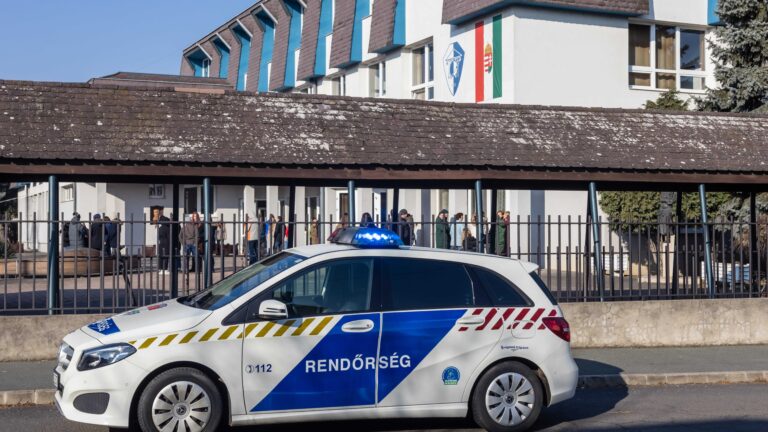The National Media and Infocommunications Authority’s (NMHH) Internet Hotline has made combating online abuse a priority with its autumn campaign, focusing on intimate image exploitation, grooming, and cyberbullying. The campaign’s core message ‘Dare to seek help, there is always somewhere to turn’ resonated widely, leading to a surge in reports during October, according to a statement released by the NMHH on Wednesday.
‘We all have a role in making online spaces safe for the next generation,’ Abby Roberts from INHOPE, the global network of internet hotlines, said during a panel discussion held at the NMHH headquarters on 12 November. Roberts emphasized the importance of collaboration among member organizations to effectively address online abuses targeting children and young people.
The Internet Hotline, established by the NMHH in 2011, has processed over 18,000 reports of online abuses. Head of the Hotline Dorina Csalár noted that the media campaign had significantly increased the number of reports, particularly from minors. ‘This is encouraging, as it shows they are willing to ask for help, but it also highlights the alarming rise in these forms of abuse,’ she explained.
Panel participants raised concerns about the troubling trend of minors producing intimate images of themselves or peers, which are often shared online without their consent. These images may be manipulated or exploited maliciously.
Borbála Reményiné Csekeő, a psychologist and professional leader at the Blue Line Child Crisis Foundation, shared that their helpline receives approximately 15,000 calls annually. Many of these come from individuals with limited knowledge of digital security or the language needed to articulate their experiences.
‘Panel participants raised concerns about the troubling trend of minors producing intimate images of themselves or peers’
The Blue Line often serves as the first point of contact for children disclosing online abuse, including cases of grooming, where predators coerce minors into sharing intimate images. The Internet Hotline works closely with the Blue Line to escalate such cases, sometimes involving law enforcement.
‘We always encourage victims to file reports at their local police station. Perpetrators can be identified and caught, and our success rate in resolving these cases is very high,’ Judit Fribék, Captain at the Child Protection Unit of the Cybercrime Division within the Rapid Response Police said.
This year’s campaign, supported by influencers like Pamkutya and the Mélylevegő Project, effectively reached younger audiences via social media and video-sharing platforms. These collaborations enabled the campaign’s key messages to resonate with demographics that were previously harder to engage.
Timed ahead of the Universal Children’s Day on 20 November, the initiative also coincides with the 35th anniversary of the UN Convention on the Rights of the Child.
NMHH’s campaign manager Miklós Császár highlighted the importance of creating a safe environment where individuals feel comfortable seeking help. He also pointed to the organization’s Net Risks education programme, which addresses these critical topics.
Related articles:








